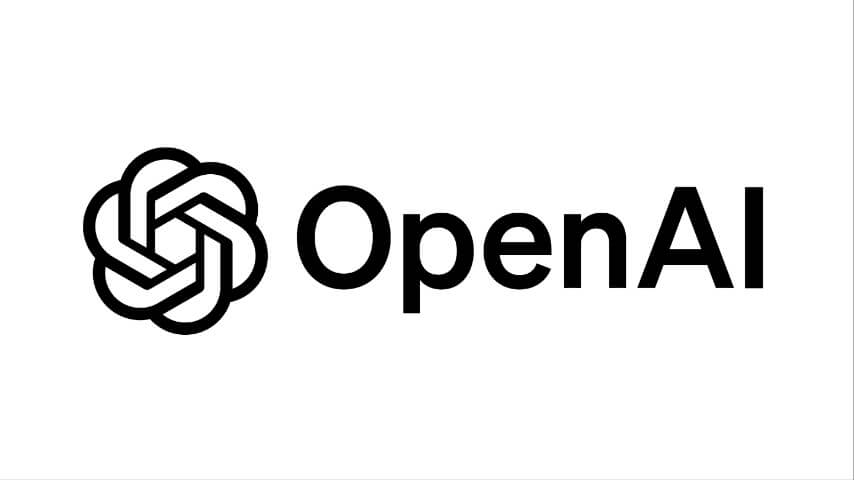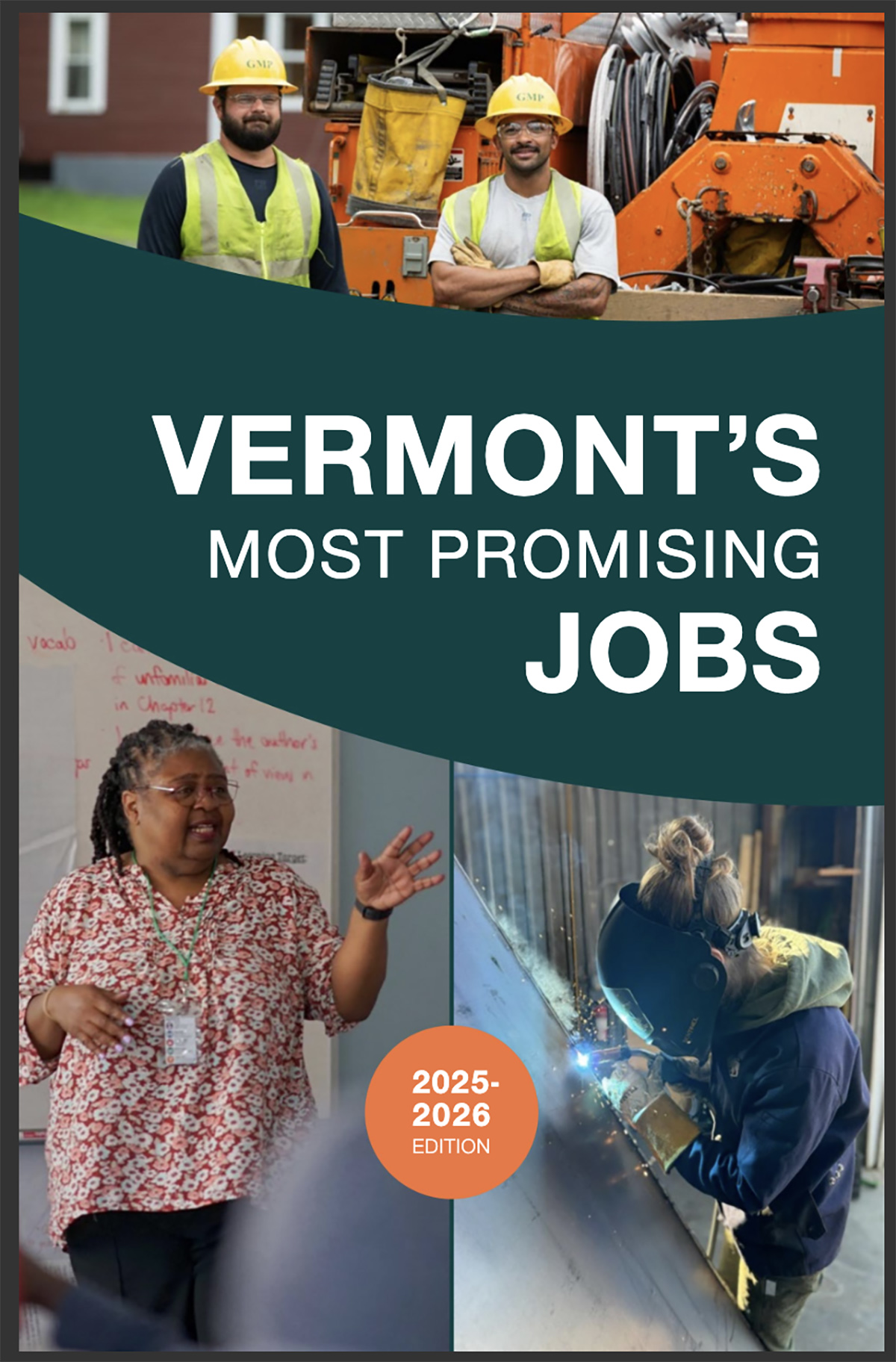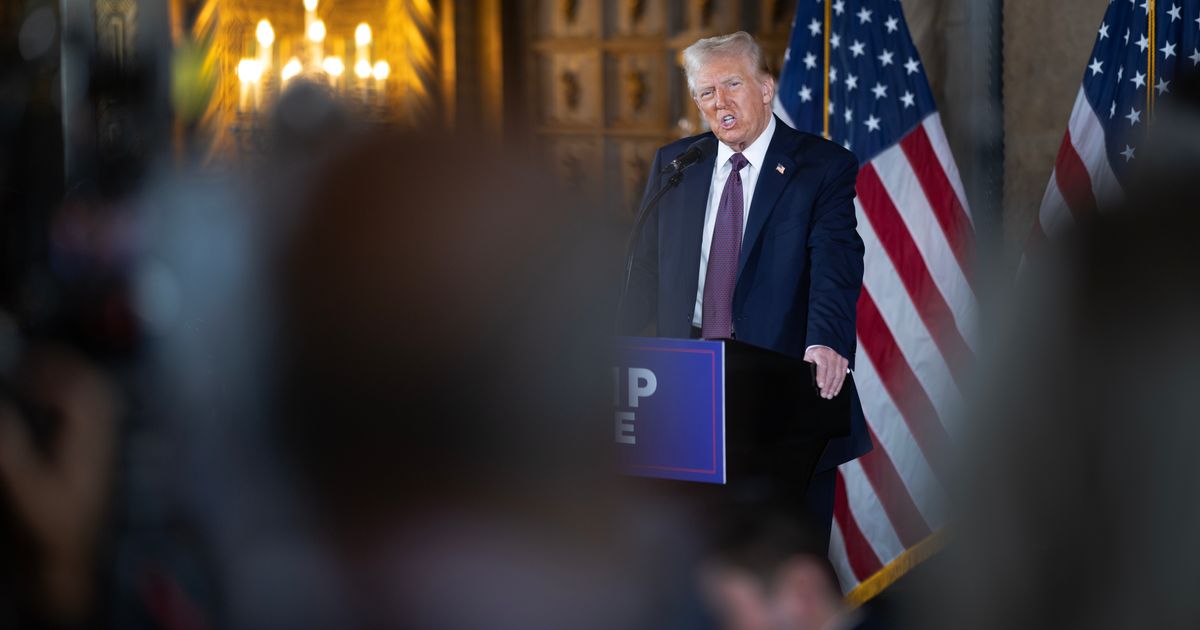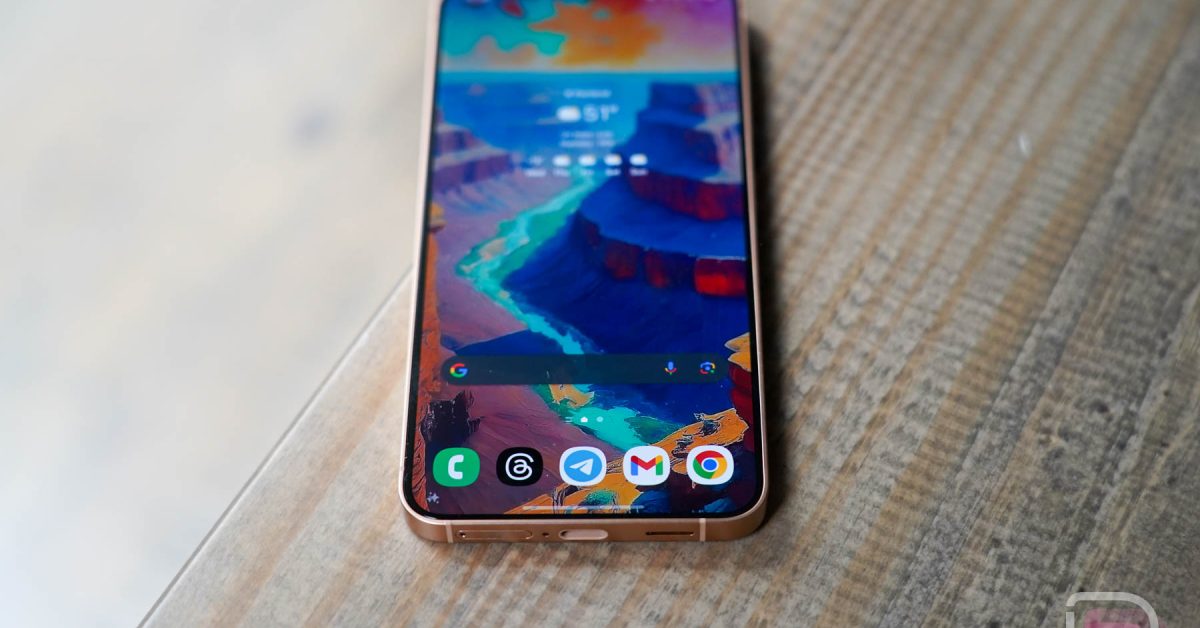Tech
OpenAI’s Sora temporarily shut down after protests from artists

So here’s how you stick it to the man in our digital corporate future. A few hundred artists were invited to test Sora, the company’s tool to create AI video from text. This was presented as an opportunity to play with the new tech and give OpenAI feedback. “However, we believe instead we are being lured into ‘art washing,’ to tell the world that Sora is a useful tool for artists,” a group of the early testers shared in an open letter dramatically titled “DEAR CORPORATE AI OVERLORDS.” Alongside the statement, the early testers released a version of the tool that the public could access, causing OpenAI to cut off access to Sora just three hours later.
It should be noted that this isn’t an anti-AI protest, per se. “We are not against the use of AI technology as a tool for the arts (if we were, we probably wouldn’t have been invited to this program). What we don’t agree with is how this artist program has been rolled out and how the tool is shaping up ahead of a possible public release,” the artists said in their letter, posted to the AI development site Hugging Face. In their complaints, they cited that “Hundreds of artists” were providing unpaid labor by helping the company bug test the tool, with the only reward being the chance “to have their Sora-created films screened—offering minimal compensation which pales in comparison to the substantial PR and marketing value OpenAI receives.” Further, “every output needs to be approved by the OpenAI team before sharing,” meaning that the testing, in their view, is “less about creative expression and critique, and more about PR and advertisement.”
OpenAI obviously had a different take on the situation. “Hundreds of artists in our alpha have shaped Sora’s development, helping prioritize new features and safeguards,” OpenAI spokesperson Niko Felix wrote in a statement to The Washington Post. “Participation is voluntary, with no obligation to provide feedback or use the tool.” At least one artist involved told the Post that most people in the early test group were “excited about being involved.” Following the shut down of the test, the protesting artists invited others to sign their letter; as of this writing, it has over 400 “verified” signatures.




.png)


